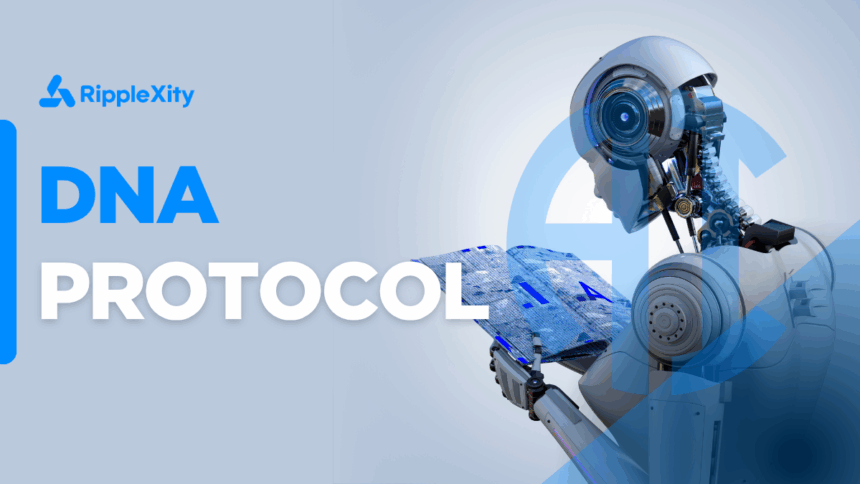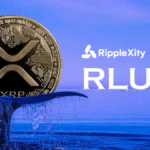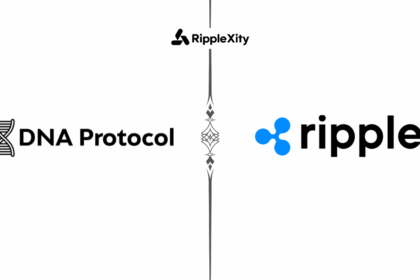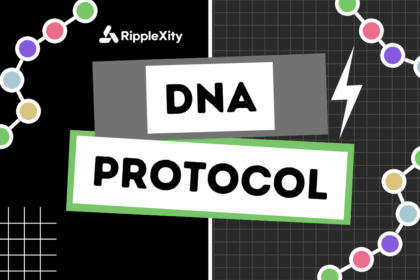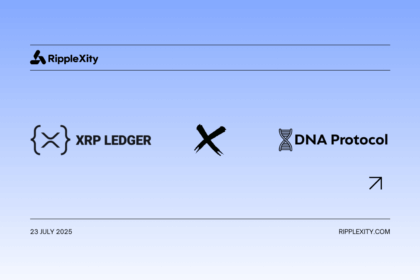In the age of biometric data breaches and centralized health databases, DNA Protocol delivers a privacy-first framework for individuals to take control of their genetic identity. At its core, the protocol enables users to anchor a hashed version of their DNA to the blockchain—creating a permanent, tamper-proof record of genomic ownership that remains fully user-controlled.
🧬 What Is DNA Hash Anchoring?
DNA Protocol allows individuals to take their genomic sequence data, convert it into a cryptographic hash, and anchor that hash on-chain using secure blockchain infrastructure. This hash acts as a mathematical representation of one’s DNA and serves as a digital fingerprint—unique, irreversible, and private.
Key facts:
- Only the hash of the DNA is stored on-chain—not the raw DNA data.
- The hashing process is one-way, ensuring the DNA sequence cannot be reconstructed.
- Anchoring is voluntary, and data control remains entirely with the user.
🔐 Why It Matters
DNA hash anchoring offers three major benefits:
- Proof of Ownership
Individuals can prove ownership or authorship of their DNA data without exposing it. This is useful for personal identity management, medical records, or research participation. - Data Integrity & Authenticity
Once anchored, the DNA hash becomes immutable. Any tampering or change in the original DNA file will break the hash match—providing a verifiable integrity check. - Privacy by Design
Since raw DNA data is never uploaded, the process safeguards sensitive genetic information from surveillance, theft, or misuse.
🧱 Blockchain Infrastructure
DNA Protocol anchors DNA hashes on public blockchain infrastructure, and based on its technical documentation, supports high-speed, low-fee chains such as the XRP Ledger. This allows users to:
- Anchor their DNA hash quickly
- Maintain full transparency via public block explorers
- Avoid centralized intermediaries
All transactions are timestamped and verifiable.
🌐 Ecosystem Integration
DNA hash anchoring is a core component of the broader DNA Protocol ecosystem, which includes:
- GenomeChain™ – DNA anchoring and verification infrastructure
- Bio-KYC – DNA-backed identity systems
- zk-Consent – Privacy-preserving proof of consent architecture
Each of these modules builds on DNA anchoring to deliver privacy-first digital health and identity solutions.
🧾 Summary of Key Features
| Feature | Description |
|---|---|
| Immutable Hash Storage | One-way cryptographic DNA hash anchoring |
| User Control | No third-party access; no DNA data stored |
| Tamper Detection | Any change in DNA invalidates original hash |
| Blockchain Timestamping | Verifiable and auditable anchoring process |
| Interoperable Design | Integrates with other DNA Protocol components |
Conclusion:
DNA Protocol’s hash anchoring model ensures individuals can securely assert ownership of their genomic identity without compromising privacy. This system provides a verifiable, immutable, and transparent solution—establishing DNA Protocol as a trusted framework for bio-data sovereignty in the digital age.




